
The Innovator's Manifesto
Deliberate Disruption for Transformational Growth
Recommendation
Most new businesses fail, even when their products seem rich with possibilities. You can’t really predict which companies will succeed or explain why the failures die, or at least you couldn’t without this genuinely exciting book. Management consultant Michael E. Raynor offers a theoretical framework – the “Disruption Theory” – that will help you improve your predictions about which businesses will work and which will not. This theory explains how innovative offerings can dislodge leading standards. Raynor previously collaborated with disruption theory’s originator, Clayton M. Christensen, with whom he co-wrote The Innovator’s Solution. Raynor’s approach isn’t flawless, and his writing is a bit clunky, but his content is very useful. He explains why you want to understand the theory of disruption, how you can benefit from applying it, and how empirical evidence – a rare asset for a business theory – supports its ideas. getAbstract recommends this intriguing, illuminating report to investors, to readers who follow Christensen’s work, and to entrepreneurs who want a clearer view of their companies’ potential.
Summary
About the Author
Michael E. Raynor is a director at Deloitte Consulting and the author of The Strategy Paradox. He co-wrote The Innovator’s Solution with Clayton M. Christensen.







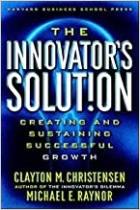
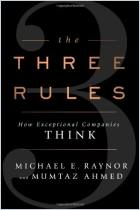
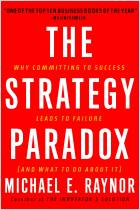
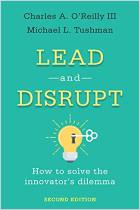
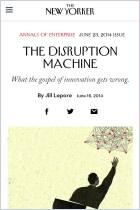
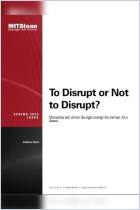
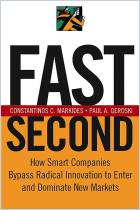

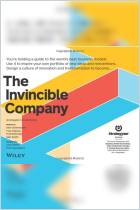








Comment on this summary or Start Discussion